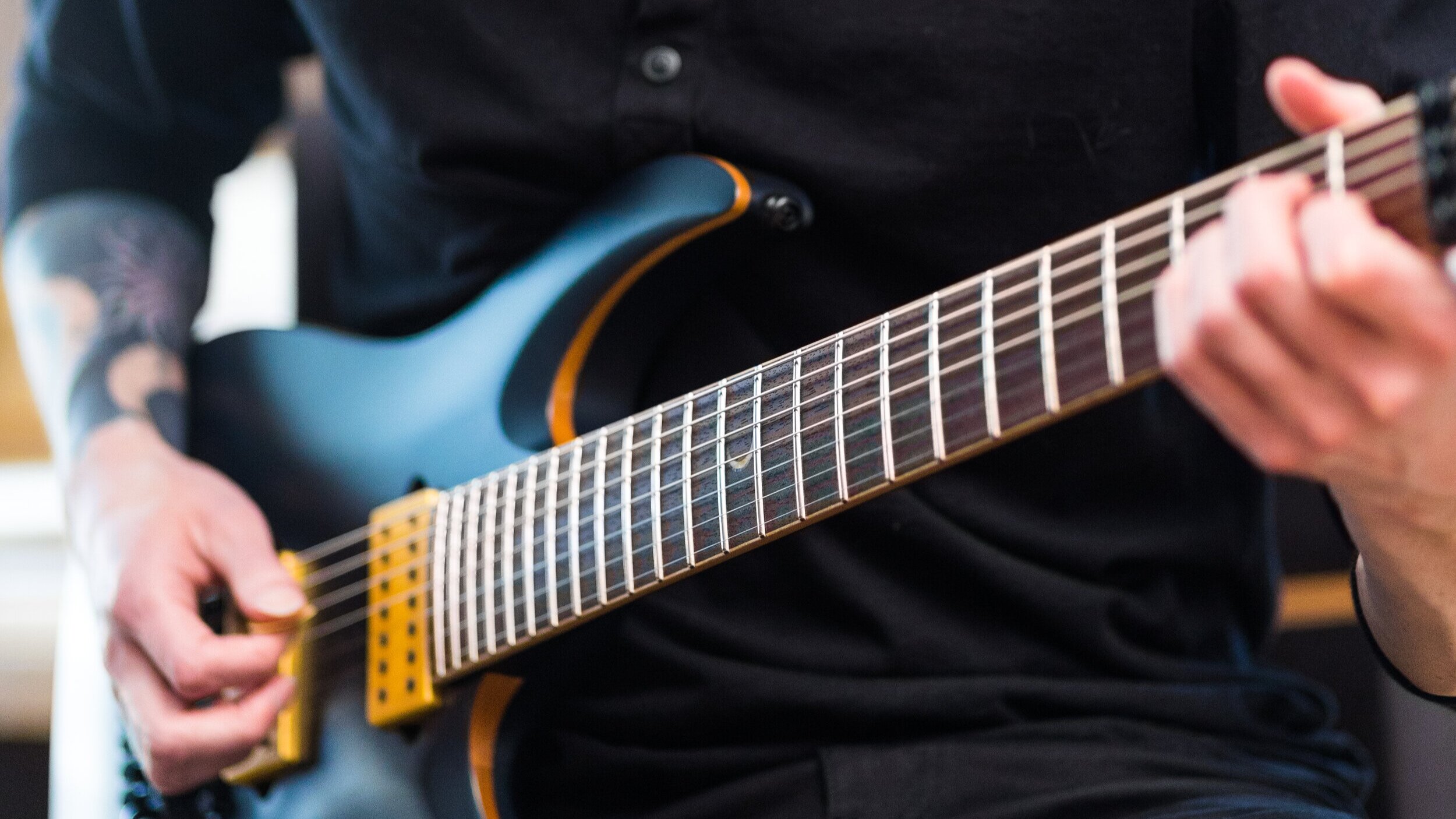
Lessons
Andrew offers lessons in a variety of musical areas and designs lesson plans to match each student’s individual goals. The lessons are offered in two main areas: guitar and theory. These subjects are tailored to the unique interests of the student. The guitar lessons are split into three categories: classical, electric and acoustic. Each stream has its set of required fundamentals but repertoire learned is focused on the genre and style preference of the student. The theory lessons are divided between the Royal Conservatory of Music approach - with an emphasis on exam preparation, and the applied theory/composition approach - with an emphasis on creating original music.
Philosophy
Andrew believes that the most effective way to learn an instrument is to balance discipline and hard work with fun and genuine enjoyment of the process. Successful music learning happens when the aspects of music that a student is passionate about are nurtured without compromise while maintaining a healthy respect for the 'required technical material’ - the fundamentals. The most successful students find just as much passion and fulfilment in developing their fundamentals as they do in developing their repertoire or original voice on the instrument. It is Andrew’s goal to teach every student the core material they need to succeed as a musician in a way that instills confidence and fosters creativity.
Every stream of guitar lesson is designed to develop all aspects of a well-rounded musician: musical literacy (note-reading), by-ear playing (transcribing and ear training) and strong technique. From classical to rock/metal to pop - students learn how to be more than just a guitarist, they learn to be true musicians who can confidently express themselves on their instrument.
Classical Guitar
Classical guitar students will develop a well-rounded technique and knowledge of the repertoire by working through the Royal Conservatory of Music classical guitar program. Andrew works with the student to ensure complete confidence in the performance of their pieces and their technical rudiments before progressing to the next level. Exam preparation is available for interested students. Completing exams is optional but will be highly encouraged at the upper-beginner to intermediate levels and above.
Electric Guitar
Students of the electric guitar learn from Andrew’s original curriculum which he has developed through his experience as both a classical guitarist and a rock/metal guitarist and composer. Electric guitar students will learn to read music in the same way classical musicians do, with one key difference, the material studied will be actual guitar parts written and performed by guitarists in real bands. Andrew’s electric guitar curriculum teaches music literacy using guitar music written by bands such as Periphery, Metallica, Gojira, Lamb of God, Pantera, etc. Once the fundamentals of note reading and technique are covered, Andrew will work with the student to find level-appropriate songs that the student wants to learn and will create full, professional scores for the student to use. In addition to developing their performative skills through the repertoire, students will gain a deeper insight into how the guitar works, develop fluency on the fretboard and learn to understand the creative tools used by their favourite artists so they can use those tools themselves in their own music.
Acoustic Guitar
Acoustic guitar students learn all of the same fundamentals and note-reading skills as students of the classical guitar and electric guitar but with more focus on acoustic guitar repertoire. Students will develop their abilities in all relevant styles expected of an acoustic guitarist: picking, fingerstyle and strumming.
Theory (Royal Conservatory of Music)
Music theory students in the Royal Conservatory (RCM) stream will work their way through RCM’s Celebrate Theory series. Celebrate Theory builds music literacy through musical activities and written exercises, exploration of repertoire and guided listening and melody writing. Exam preparation is available for interested students.
Applied Theory and Composition
Music theory students in the applied theory and composition stream are taught with experiential learning activities on their guitars, instead of solely from a book. Theory concepts are taught on paper first; once the basic concept is understood, it is transferred to the fretboard so the student can literally feel, hear and play the concepts in real time. Students will learn to speak the language of music and develop the analytical skills necessary to study the music they love and turn the information gained from analysis into original music of their own.
Composition is one of Andrew’s greatest passions as a musician and he has spent years sharpening the skills he learned during his Bachelor of Music in real-world performance and music creation. Andrew will help his students develop the tools and processes he uses daily to write his own compositions.